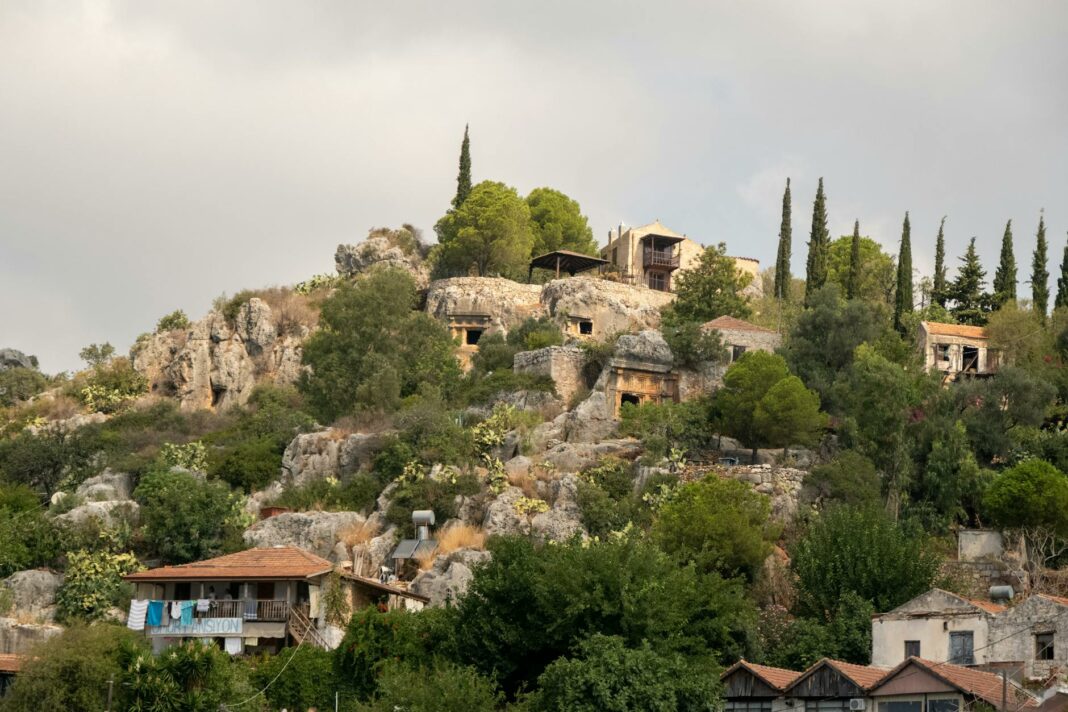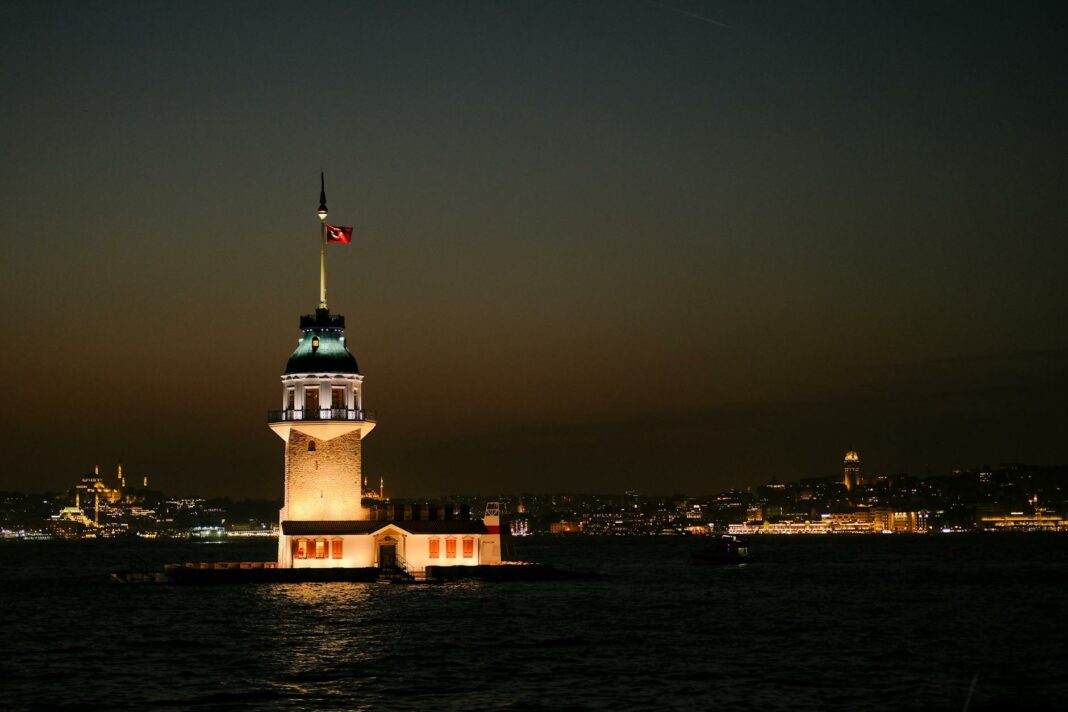In the vast ocean of history, few strategies have made waves quite like island hopping during World War II. This military tactic not only reshaped the course of the conflict but also laid the groundwork for leisure travel that inspires countless vacation fantasies today. Imagine a world where sun-soaked beaches and crystal-clear waters beckon as reminders of a time when every island captured brought both strategic advantage and budding tourism interest. As we dive deeper into the transformative effects of island hopping, we’ll explore how military maneuvers and paradise vacations intertwined in unexpected ways.
This exploration reveals how the tidal shift from traditional battlefronts to the islands of the Pacific unlocked new pathways not only for victory but also for tourism. It highlights a fascinating juxtaposition: the grim realities of war birthed a new means of escape, forever altering the way we think about vacation dreams. Ultimately, the narrative reveals how these significant events of the past continue to influence our modern-day escapades on tropical shores.
Island hopping was a game-changer in World War II, primarily involving a series of coordinated assaults on strategically crucial islands in the Pacific theater. This approach allowed Allied forces, especially the United States, to bypass heavily fortified enemy positions, concentrating their might where it would have the most significant impact. Instead of grappling with every stronghold, they could quickly seize lesser-defended islands and establish supply lines and air bases, cutting off Japanese resources. Hence, the focus shifted from sprawling land conflicts to targeted swift attacks, demonstrating ingenuity in military strategy.
Moreover, each captured island served as a launching pad for further operations, propelling the Allies closer to Japan’s doorstep. The victories at places like Guadalcanal and Iwo Jima showcased the importance of this tactic and produced profound shifts in morale. These successful campaigns didn’t just secure military advantages; they kindled hope and determination among forces and nations alike. The waves of triumph and tragedy from these engagements reverberated throughout the global community, ultimately redefining the art of warfare for generations to come.
Transitioning from military strategy to leisure, island hopping has transformed into the epitome of vacation fantasies. The allure of hopping from one pristine beach to another, sampling different cultures, cuisines, and activities in idyllic settings captivates travelers’ imaginations. This enchanting method of travel resonates with the hearts of those seeking adventure and tranquility, allowing them to experience numerous destinations, each with its unique charm. With names like Bora Bora, Maldives, and the Bahamas emerging from wartime memories, vacationers today pursue the beauty and serenity these islands offer.
Tourism has blossomed in these regions, drawing millions of visitors who long for relaxation and escapism. The hospitality industry flourished, fashioning an inviting infrastructure that continues to grow and evolve. The post-war era signaled a desire for self-indulgence, with island retreats symbolizing the ultimate getaway from the everyday grind. Traveling from vibrant markets to tropical landscapes feeds the soul and allows individuals to immerse themselves in the splendor these destinations have to offer. Thus, the spirit of adventure fostered during World War II has since morphed into vacation dreams, enticing wanderers with the magic of island hopping.
The cultural ramifications of island hopping extend well beyond the military sphere. The interaction between diverse populations fostered mutual understanding and appreciation, leading to a rich tapestry of cultural exchange. Soldiers, stationed on these islands, absorbed local customs, culinary delights, and traditions, which inevitably influenced their lives back home. This exchange cultivated an appreciation for diversity, transcending beyond mere interactions. The global arena became interconnected, setting the stage for a more expansive world view.
Furthermore, the return of veterans often inspired a new generation of travelers eager to experience what they had heard about the distant lands. The stories of island beauty and the warmth of local inhabitants instilled a yearning for exploration. As a result, travel became not only a means of recreation but also an avenue for broader cultural appreciation and immersion. This cyclical influence has carved pathways that continue to invite exploration, fostering a world rich in stories, experiences, and unforgettable encounters.
The legacy of island hopping is woven into the fabric of modern travel, creating a narrative that continues to inspire adventures today. The routes established in the Pacific during the war ushered in an era of exploration and discovery that encouraged the pursuit of the extraordinary. This new model of travel enabled quick transitions between cultures and environments, leading to the contemporary travel experiences we treasure today. The spirit of adventure remains alive, inviting countless individuals to discover the wonders of island hopping across the world.
In this burgeoning age of globalization, the principles behind island hopping resonate with contemporary practices. The philosophy of exploring diverse destinations without the constraints of conventional travel routines embodies the soul of adventure. This legacy encourages us to embrace the unknown, seek authentic experiences, and foster connections that transcend borders. Hence, island hopping has transformed from a wartime strategy to a dream of exploration, inspiring generations to embark on their own journeys of discovery, sprinkled with fragments of history that forever informs their experiences.
As we navigate through the intersections of wartime tactics and vacation dreams, it becomes evident how island hopping not only reshaped the course of World War II but also ignited the passion for exploration that millions share today. It stands as a testament to human resilience and the innate desire to discover. The islands may have served as battlegrounds, but the subsequent waves of tourism turned them into havens of tranquility and adventure. Each island whispers tales of history, beckoning us to explore further and indulge in the beauty of the world around us.
In examining this intriguing relationship, we find not just a history of conflict but a recognition of mutual fascination and discovery. The transformation from battlefronts to beach escapades is more than just a narrative; it reflects humanity’s persistent quest for hope, beauty, and connection. So, when planning your next vacation, remember that each wave of the ocean carries with it the memories of bravery and the dreams of adventure, inviting you to partake in a journey beyond the ordinary.
How did island hopping influence modern warfare?
Island hopping introduced new military strategies designed to efficiently defeat adversaries while minimizing casualties. Its focus on tactical positioning and flexibility redefined combat operations, leading to a more dynamic understanding of warfare.
What are some popular island-hopping destinations today?
Presently, destinations like the Caribbean, Southeast Asia, and the South Pacific showcase the beauty and adventure of island hopping. Places like the Greek Islands and Hawaii attract travelers eager to experience a blend of tranquility and exploration.
Can you combine island hopping with cultural experiences?
Absolutely! Island hopping allows travelers to engage with local cultures, savor traditional cuisines, and participate in unique ceremonies. Each island you visit offers a chance to dive deeper into its heritage, creating meaningful experiences.
Why should I consider island hopping for my next vacation?
Island hopping provides a unique travel experience, combining the thrill of discovery with idyllic relaxation. It enables you to explore diverse landscapes and cultures while enjoying the beauty of each stop along the way.
Image Credit: Pexels





